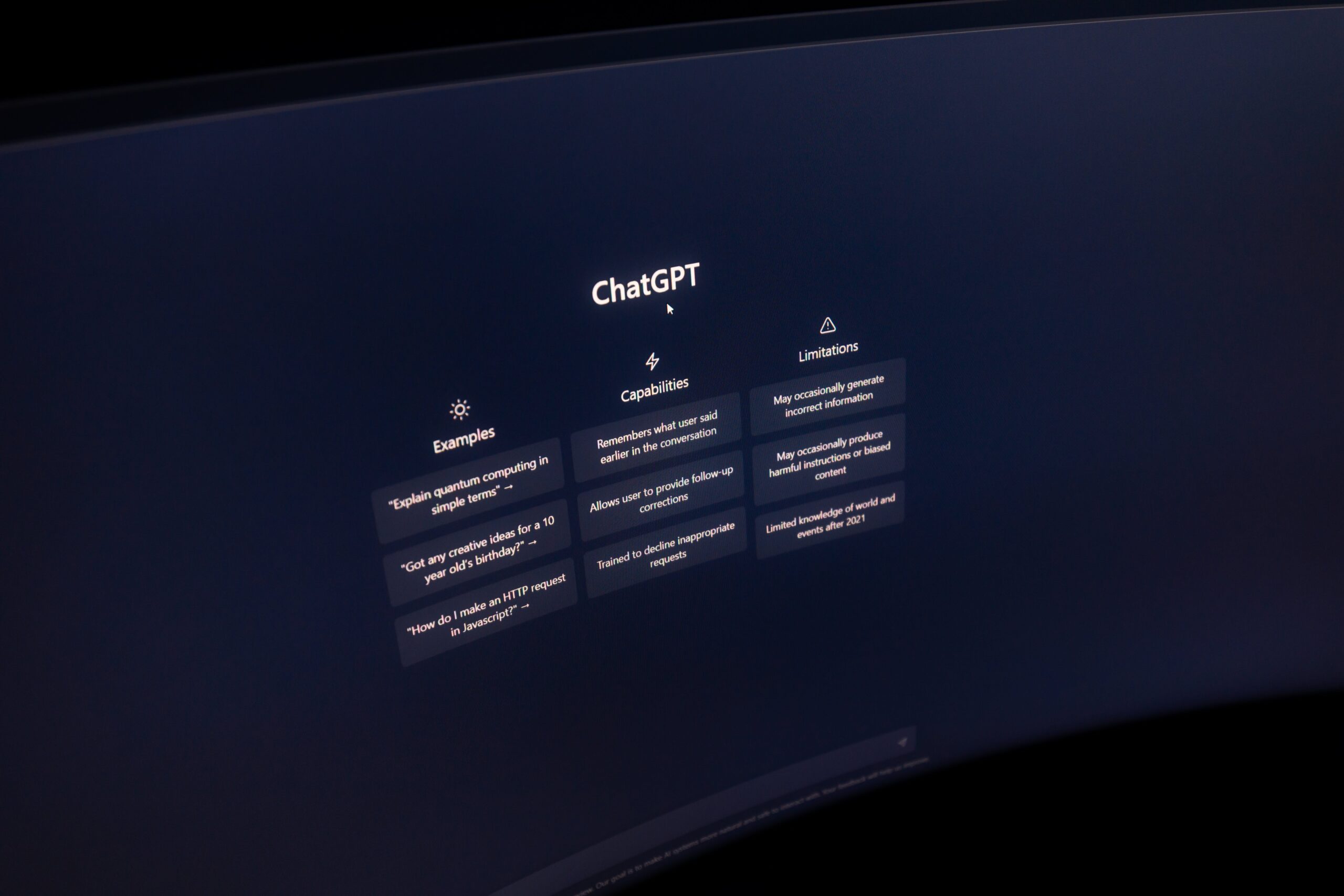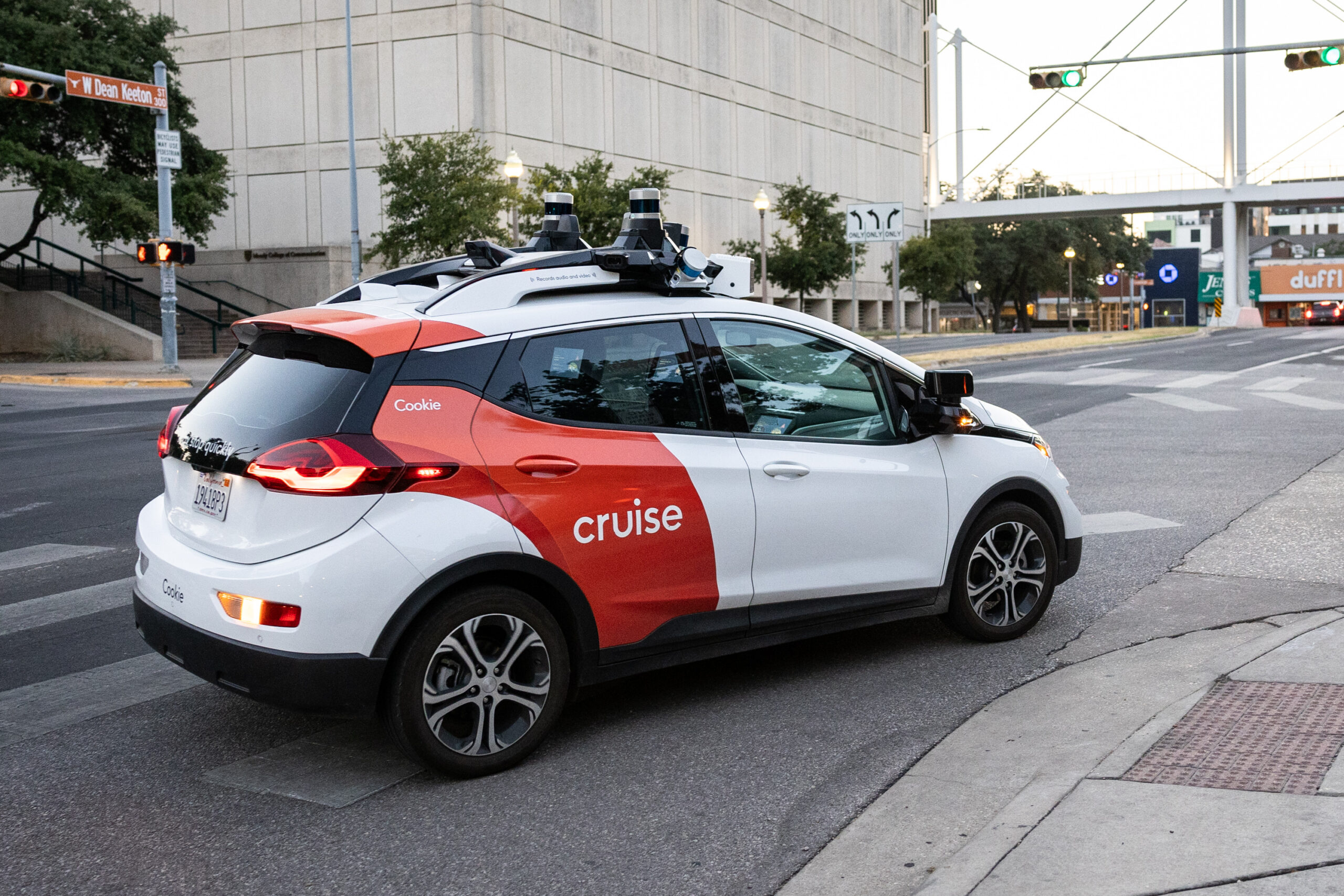Artificial intelligence, Twitter chaos and criticism for big tech companies all led the headlines in 2023. And according to those who follow tech, those issues, plus new technology called “spatial computing,” are likely to continue to be top of mind in the coming year.
Tech expert Omar Gallaga, and Texas Standard poducer/reporter Shelly Brisbin, agree that AI will continue to capture people’s attention and drive business decisions. Listen to the interview above or read the transcript below.
This transcript has been edited lightly for clarity:
Texas Standard: “AI.” I guess that’s the term for 2023, especially thinking about the impact of tools like ChatGPT – from term papers to love letters, I guess they could pretty much handle it all, even doing some programing. Omar, how do you see AI evolving in 2024? What will folks be doing with it?
Omar Gallaga: Well, if you write me a love letter with ChatGPT, I will be able to tell.
You’ll recognize that, is that what you’re saying?
Gallaga: I could tell.
I just I think everyone in the tech industry and a lot of people outside of it are just obsessed with AI. I mean, that’s all we seem to be talking about these days. And I think that will certainly continue in 2024.
I predict we’re going to see people finding more uses for AI that goes beyond chatbot prompts and generating fake images. I think we’re going to see lots of areas of creativity – around video editing, around creating AI-generated music. I mean, we have a new Beatles song because of AI.
So I think people are going to find ways to clean up music, generate new music, and also areas like health care and robotics. I’ve been doing interviews with people in those industries lately for some stories and hearing lots of exciting things about how they think AI is going to change things and transform those industries.
So I think there’s going to be backlash from people who still think it’s moving too quickly and are afraid and feel that we’re just not ready for those implications of what AI can do. But that’s ongoing. I don’t think that’s going to change.
I feel like we’re asking the wrong questions when we’re talking about AI, because we’re sort of using an old model of moving from the analog world into the digital world. We’ve seen how media companies treat user data and that sort of thing, and how much access one company gives another company’s products on its platforms.
But something tells me that the rub, when it comes to AI, is way beyond that. It’s just that a lot of us just don’t know how to ask the relevant question. Shelly, do you know what I’m talking about?
Shelly Brisbin: Well, I do, because I think the focus is so much on things like ChatGPT and generative AI, which is how consumers interact with it.
But I know my mailbox, and probably Omar’s, is full of emails from companies that are talking about how they’re going to leverage AI in whatever industry it is, whether it’s health care or construction or housing. And I think that is not even contemplated in terms of whether the government regulates it or whether we as individuals think about how it might be part of our lives.
And I think the companies have incredible financial incentives to maximize the way they use AI. And I don’t really think we’ve contemplated that from a regulatory point of view. I mean, as a consumer, we might interact with AI in health care settings or transportation settings or any number of places that we don’t expect it, and frankly, that we feel a little unable to control it or grok how it might impact us.














